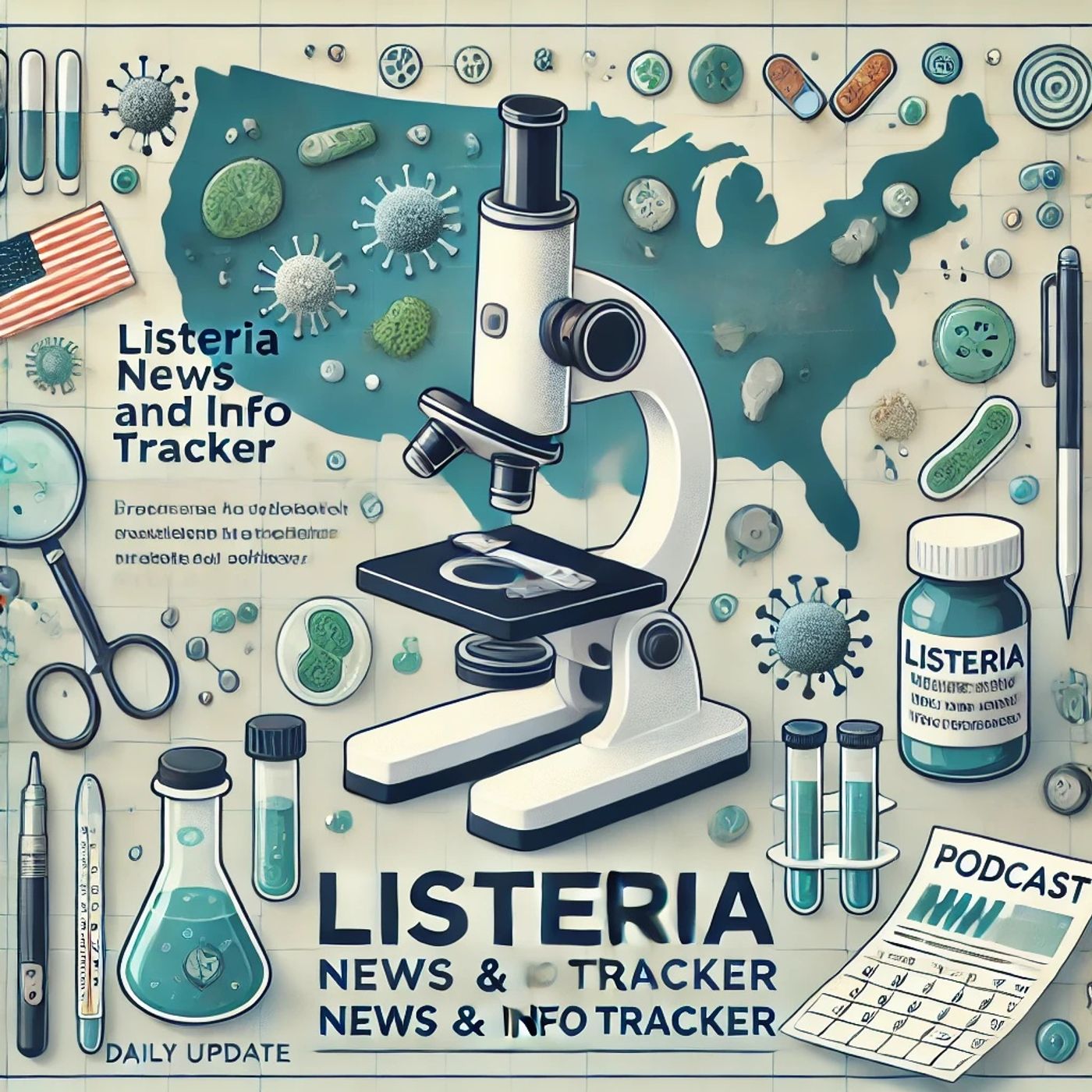Jan 20 2025 2 mins
A significant public health alert regarding a Listeria outbreak has raised substantial concerns following discoveries by USDA inspectors at a Boar’s Head production facility. The facility, known for its popular deli meats and cheeses, was found to have conditions described as "general filth," which have been implicated in the recent Listeria outbreak. This outbreak has been linked to several illnesses and, tragically, some fatalities, highlighting the severe impact of Listeria contamination on public health.
Listeria monocytogenes is a bacterium that can cause serious infections, particularly in pregnant women, newborns, older adults, and individuals with weakened immune systems. Symptoms include fever, muscle aches, and sometimes gastrointestinal issues, which can escalate to more severe conditions such as meningitis or septicemia. The recent outbreak underscores the importance of stringent food safety practices in preventing Listeria contamination, especially in facilities dealing with ready-to-eat products.
During the inspection at the Boar's Head plant, USDA officials identified significant sanitation failures that likely contributed to the presence of Listeria. These findings have prompted a comprehensive review of the facility’s operations, spotlighting lapses in maintaining clean and hygienic processing environments. The discovery of such substandard conditions has intensified scrutiny over food safety protocols not just at Boar's Head, but across the entire food production industry.
In response to this outbreak, consumers are urged to remain vigilant about potential recalls of Boar's Head products and to adhere strictly to food handling and hygiene guidelines. Such practices include thoroughly cooking and washing foods, avoiding cross-contamination, and ensuring that refrigeration is properly maintained to prevent bacterial growth.
This Listeria outbreak serves as a stark reminder of the critical need for rigorous oversight and adherence to food safety standards to protect public health. As investigations continue, it is crucial for food production companies to prioritize cleanliness and implement preventive measures that can effectively mitigate the risk of such outbreaks in the future. Meanwhile, health authorities are working diligently to contain the outbreak and prevent further cases, underscoring the ongoing challenges in controlling foodborne illnesses on a large scale.
Listeria monocytogenes is a bacterium that can cause serious infections, particularly in pregnant women, newborns, older adults, and individuals with weakened immune systems. Symptoms include fever, muscle aches, and sometimes gastrointestinal issues, which can escalate to more severe conditions such as meningitis or septicemia. The recent outbreak underscores the importance of stringent food safety practices in preventing Listeria contamination, especially in facilities dealing with ready-to-eat products.
During the inspection at the Boar's Head plant, USDA officials identified significant sanitation failures that likely contributed to the presence of Listeria. These findings have prompted a comprehensive review of the facility’s operations, spotlighting lapses in maintaining clean and hygienic processing environments. The discovery of such substandard conditions has intensified scrutiny over food safety protocols not just at Boar's Head, but across the entire food production industry.
In response to this outbreak, consumers are urged to remain vigilant about potential recalls of Boar's Head products and to adhere strictly to food handling and hygiene guidelines. Such practices include thoroughly cooking and washing foods, avoiding cross-contamination, and ensuring that refrigeration is properly maintained to prevent bacterial growth.
This Listeria outbreak serves as a stark reminder of the critical need for rigorous oversight and adherence to food safety standards to protect public health. As investigations continue, it is crucial for food production companies to prioritize cleanliness and implement preventive measures that can effectively mitigate the risk of such outbreaks in the future. Meanwhile, health authorities are working diligently to contain the outbreak and prevent further cases, underscoring the ongoing challenges in controlling foodborne illnesses on a large scale.
